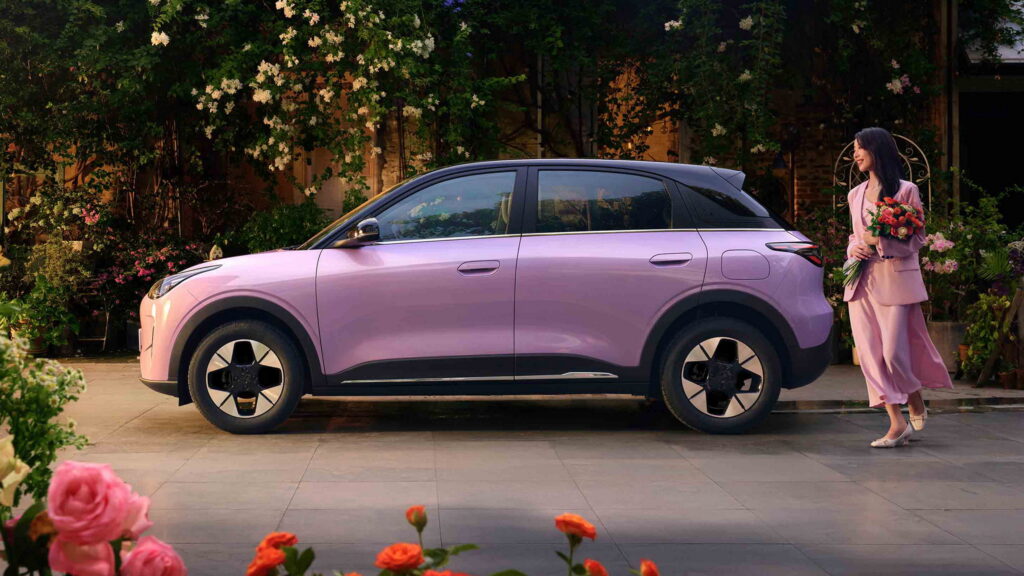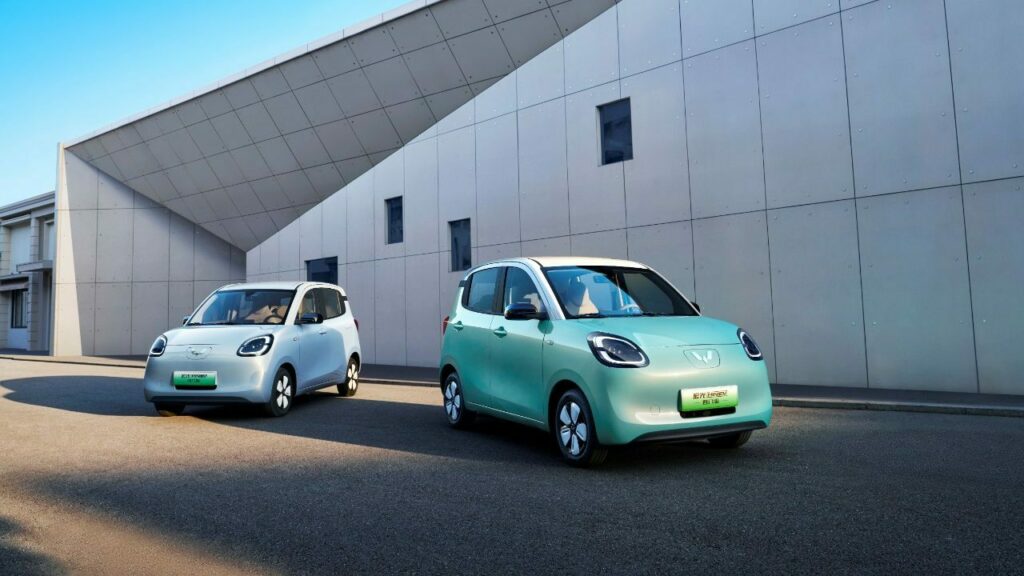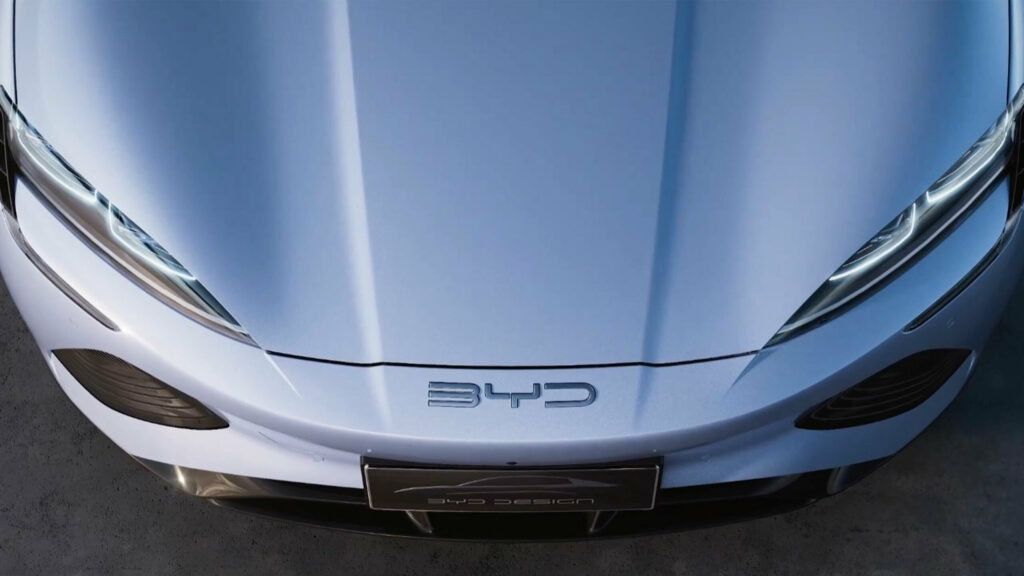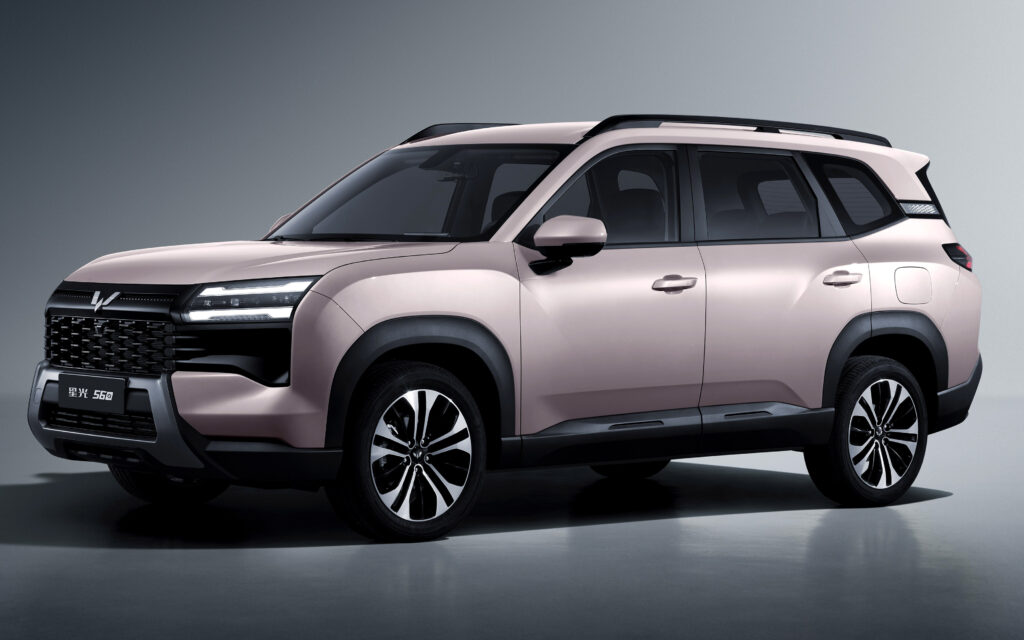A $9,500 Hatch Stole Tesla’s Best-Seller Crown In China

- Geely Galaxy Xingyuan was China’s best-selling vehicle in 2025.
- Wuling Mini EV ranked second, ahead of the Tesla Model Y in 2025.
- BYD stayed China’s top-selling brand by a wide margin in 2025.
A new electric subcompact has pulled off a quiet revolution in China’s fiercely competitive car market, topping the charts without the backing of Tesla or BYD. The Geely Galaxy Xingyuan, a fully electric hatchback, has officially become the country’s best-selling vehicle for 2025, racking up 465,775 registrations and ending the two-year reign of the Tesla Model Y.
More: Ford Held The Best-Seller Crown, But GM Outsold It On A Technicality
Known as the Geely EX2 in export markets, the Galaxy Xingyuan was introduced in 2024 and measures 4,135 mm (162.8 inches) in length. It sits in the subcompact category, going up against popular rivals like the BYD Dolphin, Wuling Bingo, and Aion UT.
It blends simple, approachable styling with a well-equipped interior and pricing that stays competitive, currently ranging from ¥65,800 to ¥95,800 ($9,500 to $13,800 at current exchange rates) in China.
GM JV Snags Second Spot

China’s second-best-selling vehicle in 2025 was the compact Wuling Hongguang Mini EV, repeating the success of its earlier version from 2021 and 2022. The pint-sized electric hatchback from the SAIC-GM-Wuling joint venture entered a new generation last year, bringing more playful styling and a new five-door variant. Those updates clearly landed well, helping it reach 435,599 units sold, a huge 82 percent jump over its 2024 total.
Geely Galaxy Xingyuan
The Tesla Model Y, which held the top spot in 2023 and 2024, slipped to third place in 2025. It still put up strong numbers with 425,337 units sold, though that marked an 11.5 percent decline from the year before, even with the launch of a significantly updated version earlier in the year.
More: One in 10 New Cars Sold in Europe Last Month Was Chinese
In fourth place, the BYD Qin Plus sedan registered 387,315 units sold. Available as either a fully electric model or a plug-in hybrid, the Qin Plus had previously held the second spot in both 2023 and 2024 but saw its position slip this year.
The Nissan Sylphy sedan, known as the Sentra in the US, was China’s best-selling model from 2020 to 2022 before Tesla took over. Now down to fifth place with 320,000 sales, it still holds the distinction of being the country’s best-selling non-EV. A new generation has just arrived, which might give it a boost heading into next year.
| Rank | Model | Powertrain | Sales |
| 1 | Geely Galaxy Xingyuan | EV | 465,775 |
| 2 | Wuling Hongguang Mini EV | EV | 435,599 |
| 3 | Tesla Model Y | EV | 425,337 |
| 4 | BYD Qin Plus | PHEV/EV | 387,315 |
| 5 | Nissan Sylphy | ICE/Hybrid | 320,000 |
| 6 | BYD Seagull | EV | 310,956 |
| 7 | BYD Qin L | PHEV | 264,671 |
| 8 | Xiaomi SU7 | EV | 258,164 |
| 9 | Volkswagen Lavida | ICE | 245,000 |
| 10 | BYD Song Plus | PHEV/EV | 200,276 |
Source: China Passenger Car Association (CPCA)
Another standout in China’s top 10 for 2025 is the Xiaomi SU7 sedan, which landed in eighth place with 258,164 units sold. The Chinese newcomer made headlines by outselling its direct rival, the Tesla Model 3, which slipped to eleventh with 200,361.

Local Brands Dominate The Charts
According to data from the China Passenger Car Association (CPCA), BYD held onto its lead as the largest manufacturer in China by total volume, selling 3,484,525 vehicles in 2025. Geely followed in second with 2,605,565 units, marking a striking 47% increase over the previous year.
Chinese brands as a whole captured 65 percent of the domestic market, while many foreign automakers that once dominated have struggled to keep up. FAW-Volkswagen secured third place with 1,531,276 sales, but joint ventures from Toyota and Honda have now dropped out of the top five.
| Rank | Brand | 2025 Sales | Market Share |
| 1 | BYD | 3,484,525 | 14.70% |
| 2 | Geely | 2,605,565 | 11.00% |
| 3 | FAW-Volkswagen | 1,531,276 | 6.40% |
| 4 | Changan | 1,400,820 | 5.90% |
| 5 | Chery | 1,348,409 | 5.70% |

